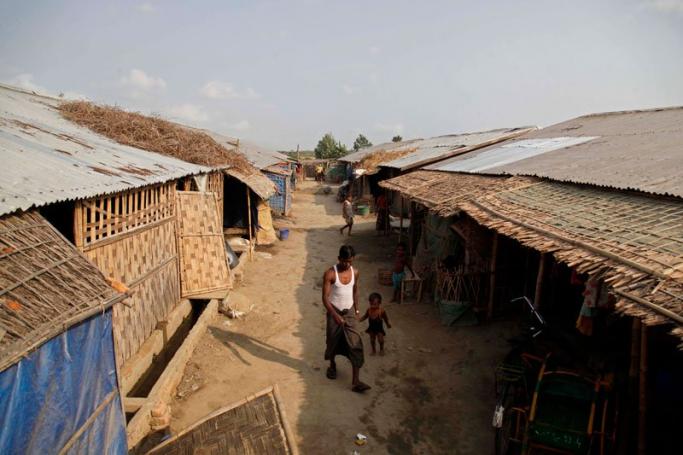Persecution of the Rohingya minority by the Myanmar government amounts to genocide, according to field research from the International State Crime Initiative (ISCI), based at Queen Mary University of London, according to a press release issued on 16 May 2015.
Experts from ISCI, led by Professor Penny Green, conducted four months of fieldwork in Myanmar between October 2014 and March 2015. The team was based primarily in Rakhine state, the home of the Muslim minority. There, they undertook detailed research which exposes the Myanmar state’s crimes against the Rohingya.
AnchorThe current crisis is, according to Professor Green, the direct result of government sponsored actions against the Rohingya, which together amount to genocide.
“The Myanmar government’s ongoing persecution of the Rohingya minority has, in the last two years, reached a level so untenable that tens of thousands have been forced to flee on boats. The current exodus of those seeking asylum is just one manifestation of persecution consistent with genocide,” said Professor Green.
According to Professor Green, there is a general reluctance to define an event as genocide until after mass killing begins. However, ISCI research reveals that the historic and current conditions of persecution against the Rohingya minority have developed into genocidal practice.
“Our research is being conducted within a state crime framework in which genocide is understood as a process, building over a period of years, and involving an escalation in the dehumanisation and persecution of the target group. The Rohingya have been subject to stigmatisation, harassment, isolation, and systematic weakening. The Rohingya are faced with only two options: stay and face annihilation, or flee. Those who remain suffer destitution; malnutrition and starvation; severe physical and mental illness; restrictions on movement, education, marriage, childbirth, livelihood, land ownership; and the ever present threat of violence and corruption,” said Professor Green.
Humanitarian crisis affecting Rohingya Muslims is the product of genocide
18 May 2015
Humanitarian crisis affecting Rohingya Muslims is the product of genocide












